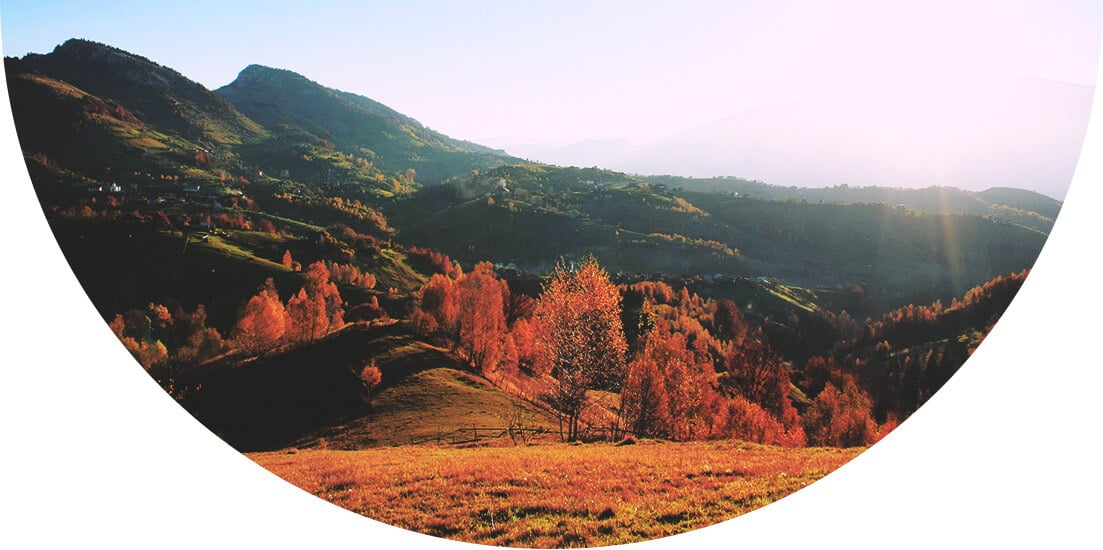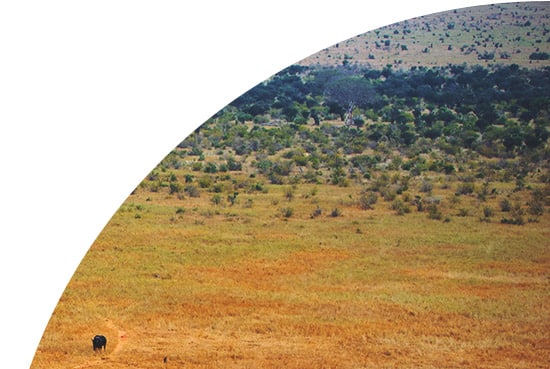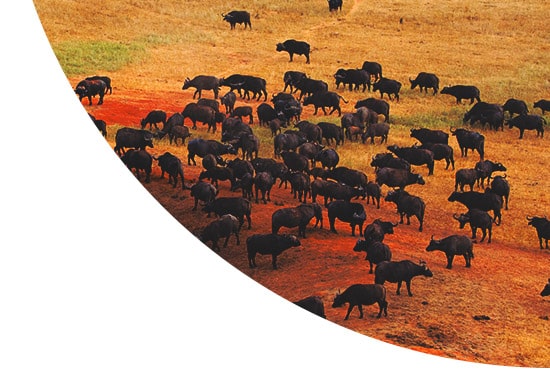Rift Valley fever (RVF) is an acute, fever-causing viral disease that usually affects domesticated animals (such as cattle and sheep), but can also infect and cause illness in humans. The majority of human infections are caused by direct or indirect contact with the blood or organs of infected animals.


Travel Vaccinations for Mauritania
Recommended Vaccines for Mauritania
The level of protection needed depends on your medical history and travel itinerary. Book now to get a personalised recommendation from our specialist travel nurses. The consultation costs £20 plus any vaccines you decide to take.
Flexible appointments with no upfront payment
Book Now
Destination Information for Mauritania
Mauritania, or more accurately, Islamic Republic of Mauritania, in North Western Africa, is not currently a popular tourist destination, with travellers preferring to visit more developed countries with a larger tourism infrastructure.
This isn’t to say that there’s nothing to see! Quite the contrary – situated on the West African coast, Mauritania has vast expanses of beaches, with huge sand dunes and lush oases, contrasting with an equally vast and arid desert area. Nature lovers will delight in the amazing array of migratory birds which flock to Parc National du Banc d’Arguin, and in one of the world’s only Mediterranean monk seal colonies, which live around Cap Blanc.
The stunning desert scenery is well worth seeing, and makes for an exciting jeep tour through the Sahara, stopping off at the historical cities of Chinguetti and Ouadane. Mauritania’s unassuming capital, Nouakchott, is often used as a stopping point for travellers heading to the Adrar desert region.
Nouakchott is a laid-back and friendly town, and is ideal for an afternoon at the local fish market or for sampling local cuisine. In order to experience the best of the warm weather and avoid the rainy season, it is better to visit during the Winter months from November to March.
Infections and Outbreaks frequently change from country to country and by attending our clinics you will be given the most up to date clinical and safety advice from our team of specialists. Our advice to you often includes aspects such as:
Additional Health Risks Information for Mauritania
Terrorist attacks, protest, violence and other crime are highly likely in Mauritania. There are currently advisory notices in place recommended that British nationals avoid all but essential travel to large areas of the country. If you do choose to travel against official advice, or have an unavoidable reason for needing to be in Mauritania, you should seek specialist security advice and plan your trip carefully, allowing for contingency plans and a safe way to leave the country if necessary.
Some parts of Mauritania are high risk for malaria and Yellow fever, it is advisable to visit a Travel clinic to get the necessary vaccines, medications and advice before you travel.
Medical facilities in Mauritania are limited. Carry a full supply of any necessary prescription medication with you, along with the associated prescriptions themselves, and a well-stocked first aid kit. You may find communication with doctors or clinic staff can be difficult, which may hamper treatment. You will be expected to pay for treatment in advance – insurance cards may not be accepted so ensure you have funds to cover any care you need up front, and make a claim as soon as you are able.



